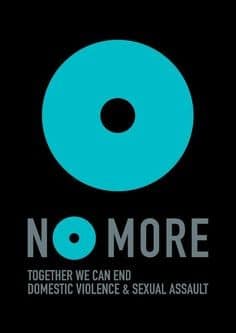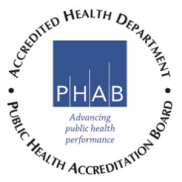Public Health Concern
Violence is a major public health concern. It affects people in all stages of life, including many fellow Arkansans. Many survive violence and suffer physical and emotional health challenges for the rest of their lives.
In addition, violence disproportionately affects youth. Child maltreatment, sexual violence, youth violence, and other violent behaviors are preventable. Many violent behaviors begin before a person turns eighteen years of age. Individual risk factors for youth include a history of violent victimization, a history of aggressive behavior, involvement with drugs and alcohol, antisocial beliefs, and exposure to violence and conflict in the family.
The purpose of the violence prevention program is to reduce or eliminate all forms of violence through education and awareness. This is done by using the public health approach to address risk and protective factors influencing multiple forms of violence. Violence Prevention efforts are conducted on various levels including the individual, relationship, community, and societal levels.
Evidence-based and/or best practice programs and interventions are used to implement education to address bullying, dating violence, and sexual violence among youth and adults while integrating prevention efforts across multiple service sectors.
Sexual Violence

It is estimated that more than 1 in 3 women and nearly 1 in 4 men have experienced sexual violence involving physical contact at some point in their lifetime. Sexual violence is any form of sexual activity when consent is not obtained or not freely given. It is considered a serious health problem in the United States according to the Centers for Disease Control and Prevention (CDC). It impacts all communities, genders, sexual orientations, and ages. The perpetrator of sexual violence is usually someone known to the victim, such as a friend, intimate partner, coworker, or family member.
The Arkansas Department of Health (ADH) is committed to sexual violence prevention work through the CDC’s Rape Prevention Education (RPE) funding which allows the state to provide primary prevention education programs. The goal of these programs is to implement comprehensive strategies that address multiple factors to stop violence before it occurs. ADH collaborates closely with the Arkansas Commission on Child Abuse Rape and Domestic Violence (ACCRADV) to strategize prevention priorities statewide.
Educational Programs Offered:
- Dating Matters: An evidence-based program that promotes healthy teen relationships, and provides prevention strategies for individuals, peers, families, schools, and neighborhoods. This program can be used to teach 11–14-year-olds healthy relationship skills before they start dating and reduce behaviors that increase the risk for dating violence, like substance misuse and sexual risk-taking.
- Safe Dates: A research-based program with strong, long-term outcomes. It can be used as a dating abuse prevention tool for both male and female middle and high school students. It is a nine-session program that targets attitudes and behaviors associated with dating abuse and violence.
- We End Violence: An Agent of Change: A high school curriculum designed to provide users with conceptual tools and intervention skill sets that can be utilized in the primary prevention of sexual violence.
- Shifting Boundaries: A two-part intervention designed to reduce dating violence and sexual harassment among school-aged youth by highlighting consequences of behavior and increasing faculty surveillance of unsafe areas and informing school-wide intervention.
- Give Respect-Get Respect: An agency-based program that consists of a single 4-hour session curriculum, that teaches people with intellectual/developmental disabilities (IDD) skills to prevent sexual violence.
- Love is Not Abuse: A teen dating violence prevention curriculum. It is designed to inspire individual systemic change toward healthier relationships using both real and fictional stories.
If you would like more information about any of these educational programs, such as how to schedule one in your area, please call 501-661-2110.
Resources
- Arkansas Coalition Against Sexual Assault
501-246-3276
National Sexual Assault Hotline: 1-800-656-4673 - Arkansas Community Health Centers
501-374-8225 - Arkansas Attorney General Victims Services
1-800-448-3014 - Arkansas Child Abuse Reporting
- Arkansas Commission on Child Abuse, Rape, and Domestic Violence
- Arkansas Coalition Against Domestic Violence
- National Sexual Violence Resource Center
- Rape Abuse Incest National Network (RAINN) | 1-800-656-HOPE (4673)
- Teen Dating Abuse Hotline
1-866-331-9474 - Innerbody Resource for Male Survivors of Sexual Violence
- National Domestic Violence Hotline
1-800-799-SAFE-(7233) - Veto Violence | 1-800-232-4636
Contact Information
Substance Misuse & Injury Prevention
4815 West Markham Street, Slot 10
Little Rock, AR 72205
Phone: 501-671-1449
Fax: 501-682-0427
[email protected]


